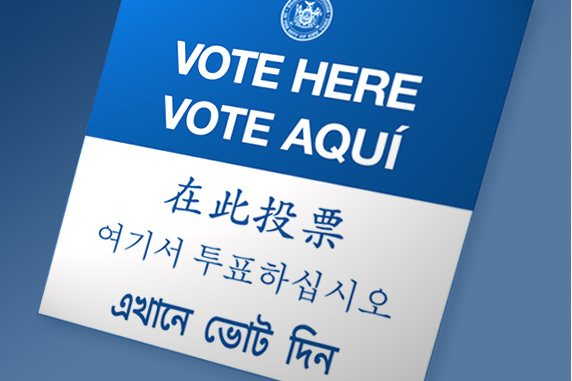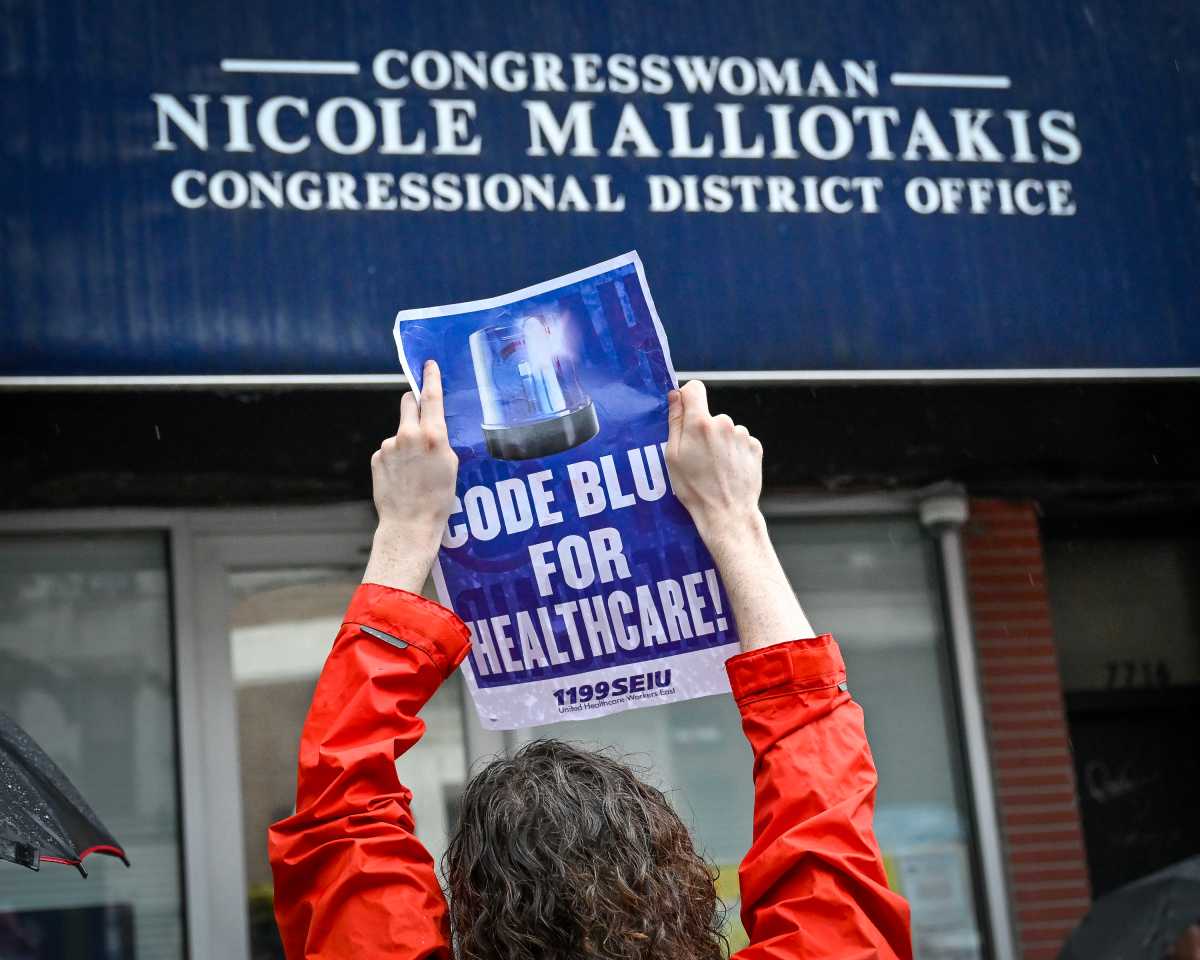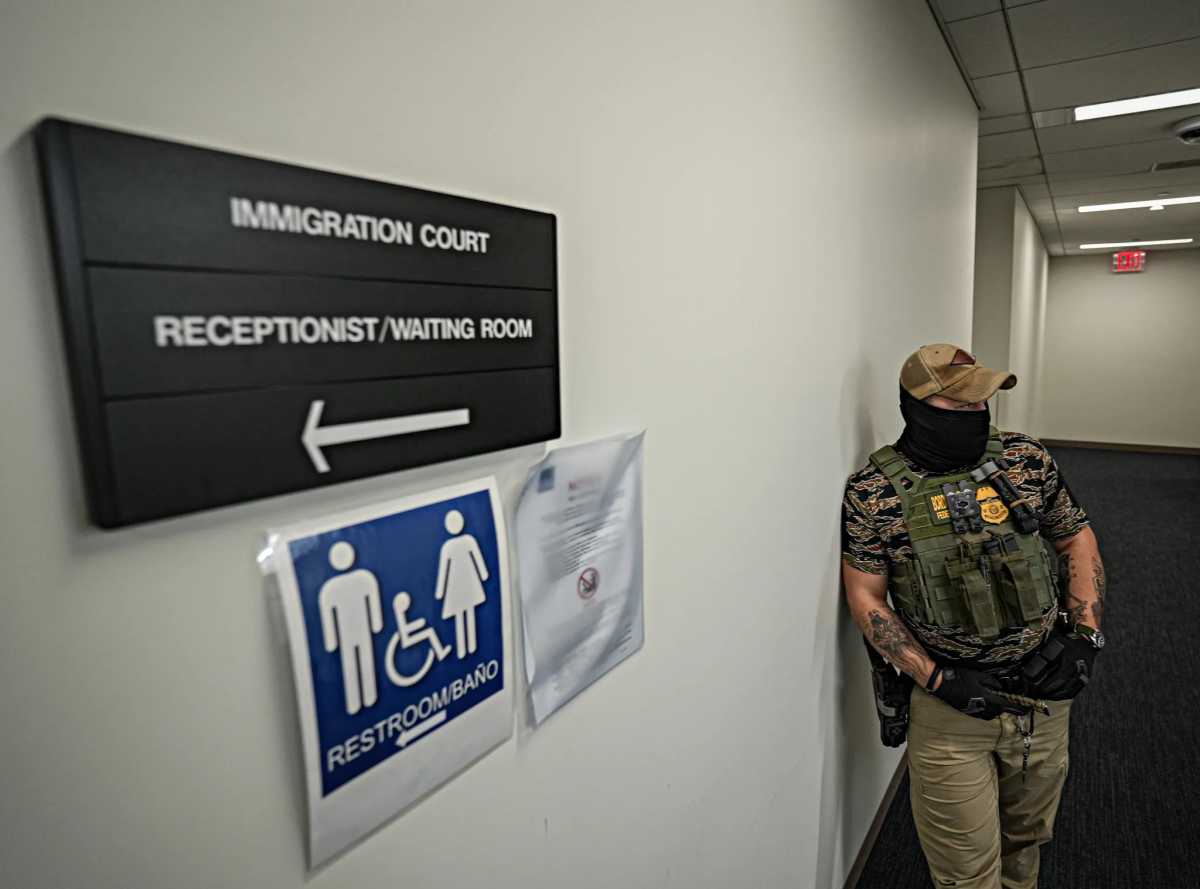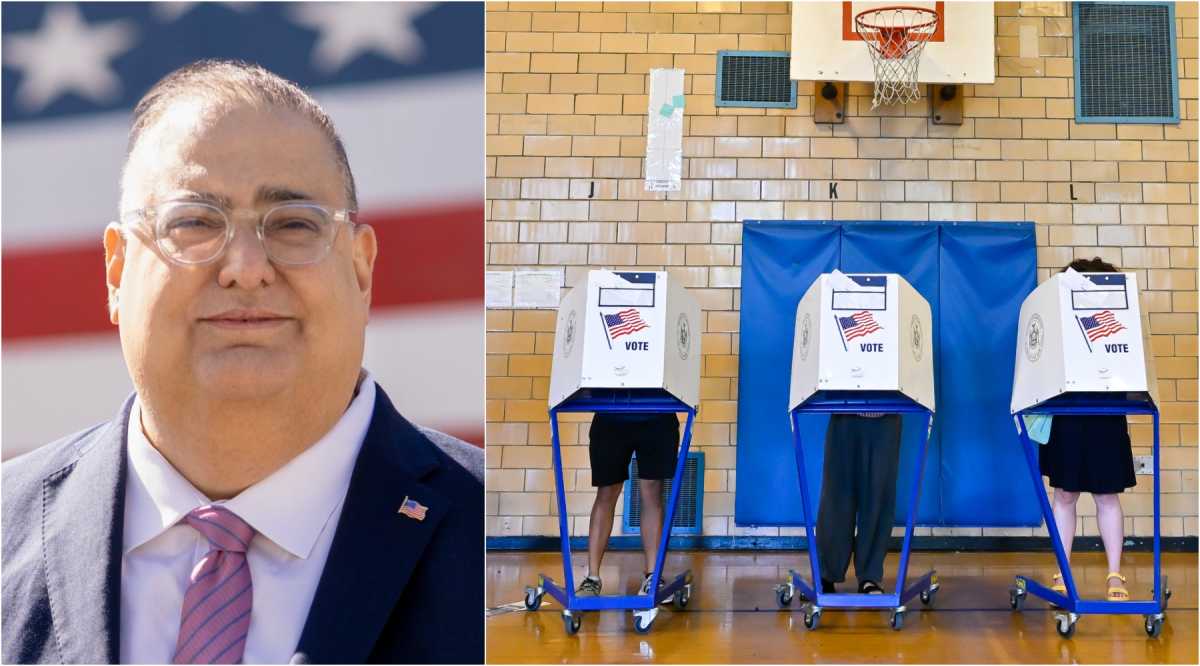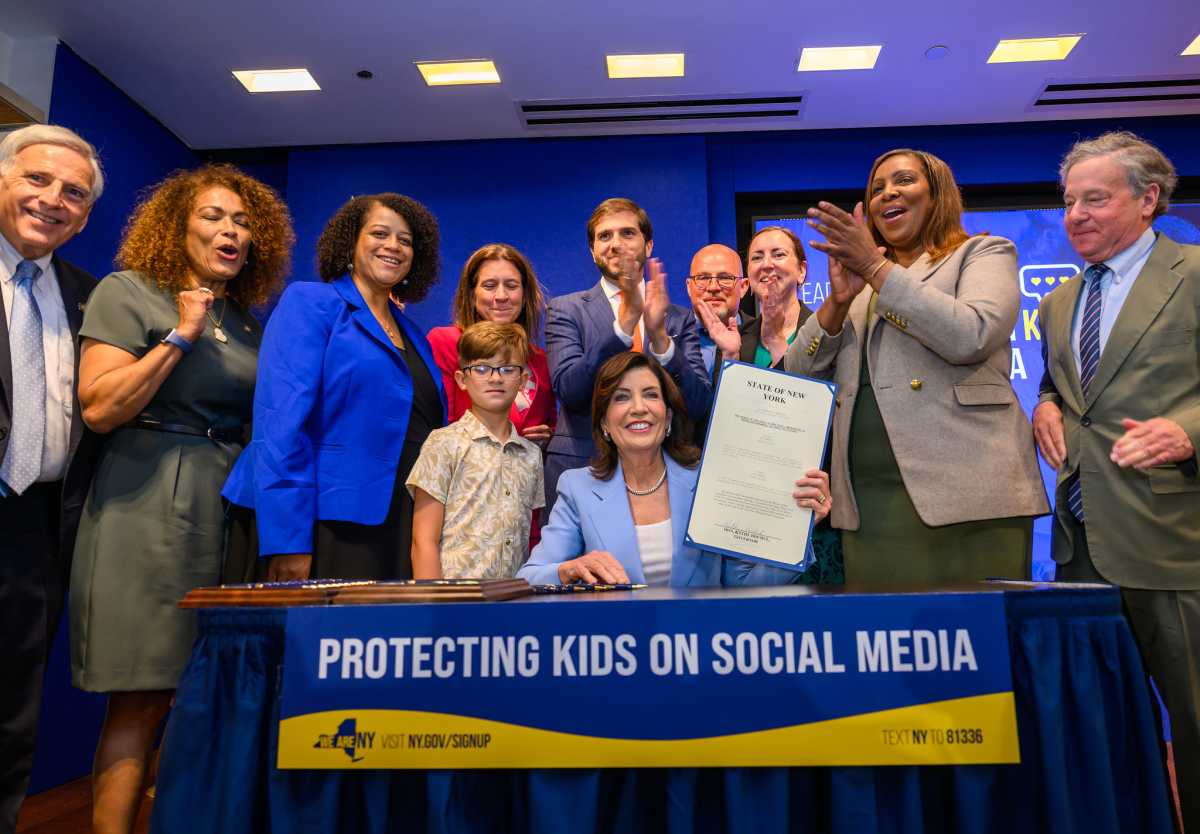
City Council Member Mark Treyger (Coney Island, Bath Beach, Bensonhurst), Chair of the Council’s Committee on Recovery and Resiliency, introduced a bill yesterday mandating the City’s Board of Elections develop a plan ensuring that election events are administered properly in case of a natural or manmade disaster.
The bill would task the BOE with developing a plan in conjunction with the Office of Emergency Management in the event that incidents such as extreme weather, natural disasters, states of emergency, or acts of terrorism, among others, occur on or before scheduled elections, hindering the ability for people to vote.
Any such plan would include a report specifying who is responsible for completing certain tasks, what financial and labor resources would be required, which other agencies’ assistance would be necessary to conduct an election event under such circumstances, and what other steps would need to be taken in order to limit the disruption of an election event.
In the past 15 years, 2 elections in NYC coincided with unprecedented disasters for the City: a primary election on 9/11, and the 2012 general election with Hurricane Sandy. According to the NYC Board of Elections’ annual report for 2012, administering the 2012 general election required the collaboration of the Governor, the Mayor, the Department of Education, DOITT, Verizon, NYS Division of Military and Naval Affairs, local media, and good government groups. Having a disaster plan in place before a disaster strikes would mitigate time-wasting.
Unprecedented logistical hurdles presented themselves after Hurricane Sandy. Up until two days before the election, the Board of Election’s mainframe computers were down, while their call center was down until the day before the election. Borough offices in Manhattan and Staten Island were closed. Less than three days out, a spokesman for the state Board of Elections said, “We will finalize plans for polling sites at some point and then do whatever we can to notify the public.”
While the Governor signed an executive order enabling Hurricane-impacted New Yorkers to vote via affidavit ballot at all polling locations, that order was only signed one day before the election. Poll workers were not properly trained about the executive order, and some refused to accept affidavit ballots, while some polling sites ran out of affidavit ballots and envelopes.
Reports from the 2012 election pointed to significant irregularities, and lower voter turnout than the 2008 or 2004 general elections. 250,000 New Yorkers had their polling place moved.
“We have to make sure that the democratic process is able to proceed, even when dealing with a crisis. Hundreds of thousands of people were affected in 2012 when Hurricane Sandy hit about a week before Election Day, and voter turnout suffered. Voter turnout in New York is already much lower than it needs to be, but those numbers dropped even more during Sandy. There is no question that in an emergency situation, the first priority is safety. But that does not mean we should forget about one of the most important aspects of American life. Voting is not only our right; it is our duty. Agencies across the board are updating their plans for emergency situations. The Board of Elections should be no different,” said Treyger.


